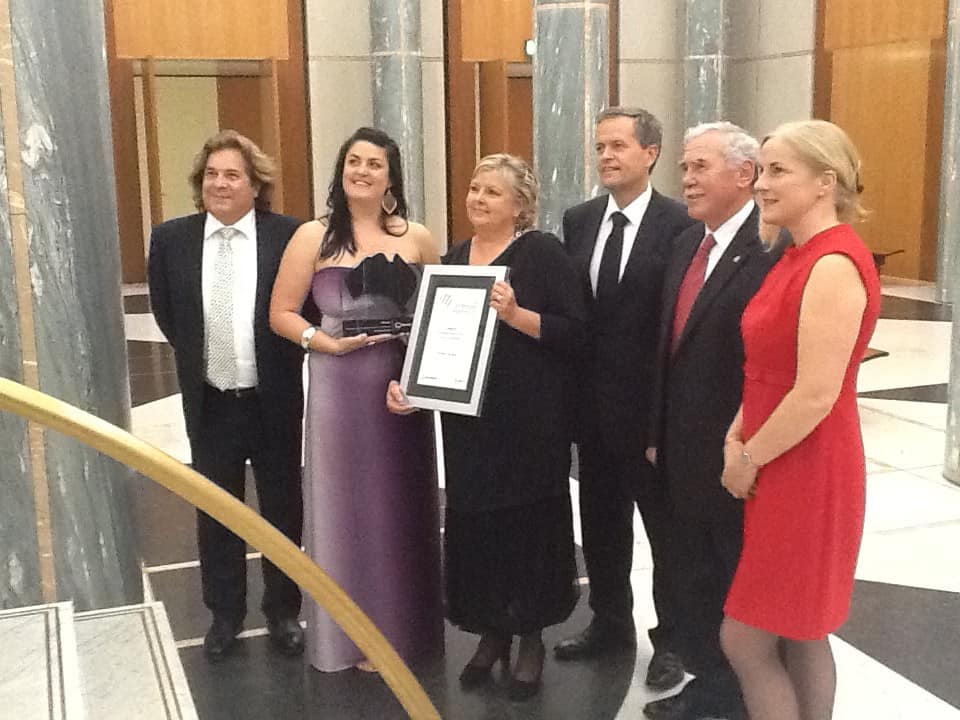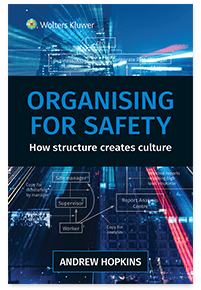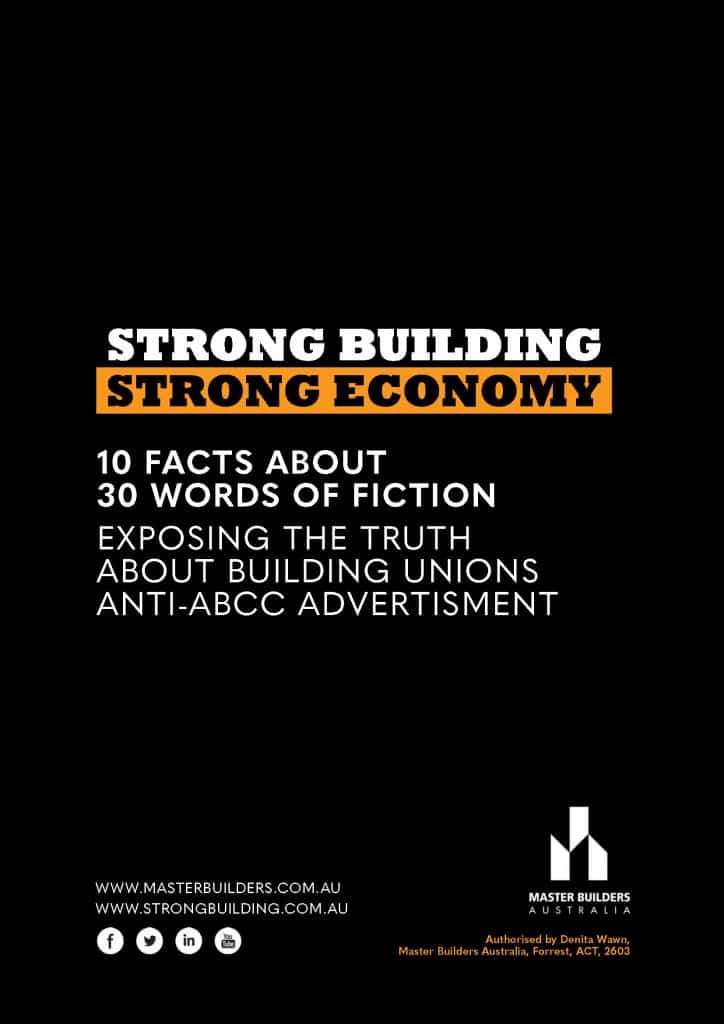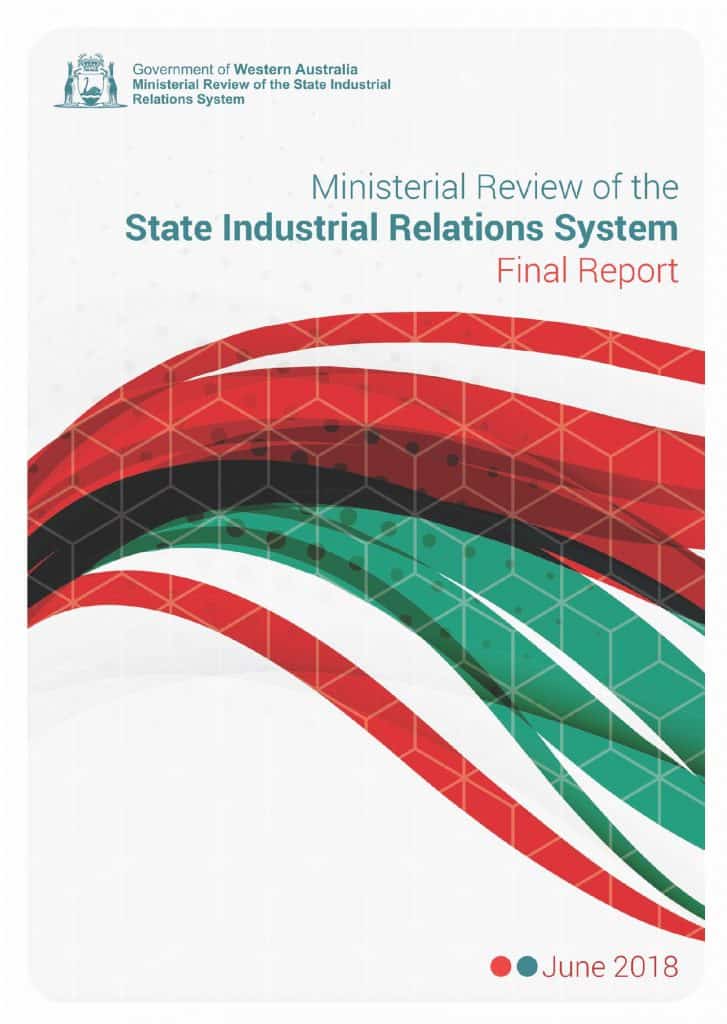
Shortly after a SafetyAtWorkBlog article on occupational health and safety in the Australian federal election campaign, the Australian Labor Party (ALP) and the Australian Council of Trade Unions (ACTU) release media statements. It is a coincidence but one I should have anticipated as yesterday was International Workers’ Memorial Day.
The Shadow Minister for Employment and Workplace Relations, Brendan O’Connor, and Shadow Assistance Minister, Lisa Chesters, said that Australia’s work health and safety laws:
“are no longer harmonised or adequate,…..
This is the closest we will get to an admission that the harmonisation of occupational health and safety (OHS) laws in Australia has been a failure. Both the ALP and the Liberal/National coalition have responsibility for this failure. the harmonisation process was announced by the Liberal’s John Howard, but the Labor Party had the running of the process for most of its length. Many States introduced the laws but both political parties in Victoria have refused to participate, based on flawed economic assessments. The continued disinterest from Victoria’s Labor Party in harmonisation remains puzzling.





